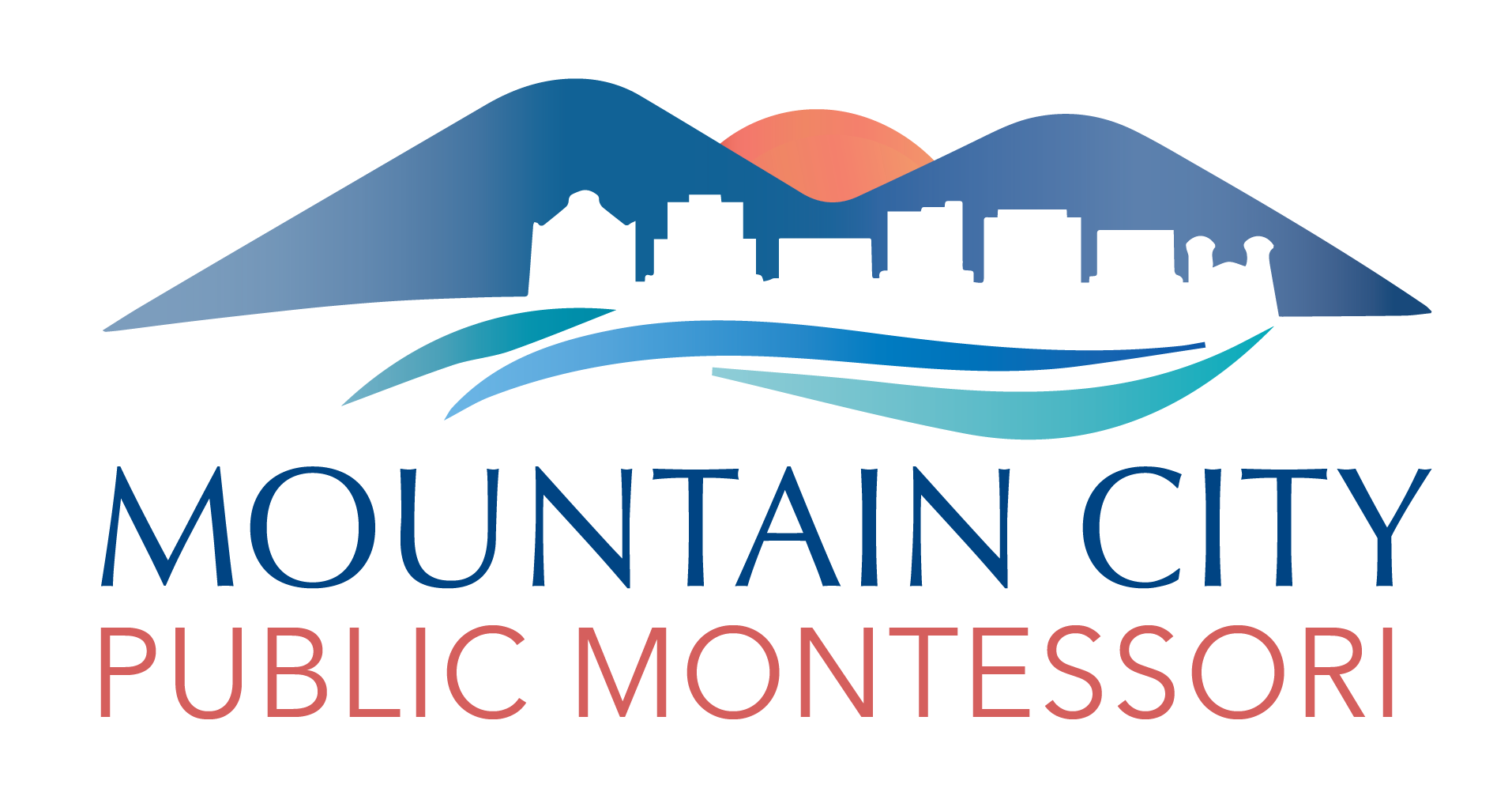Philosophy
Montessori educational methods develop out of the philosophy that all children are natural learners who are motivated by an internal drive to build skills and understand the world. Children are seen as people who desire independence and are capable of doing a great deal for themselves when they are given clear and concise lessons and allowed to experiment for themselves. Students are not considered empty vessels who gain all their knowledge from the teachers and textbooks. Rather, they are seen as active constructors of knowledge who bring knowledge with them from past experiences and build on it everyday through interacting with their teachers, peers, families, and learning materials. A deep understanding of child development is intrinsic to this method. Classrooms, learning materials, and lessons are purposefully designed in order to appeal to children based on the unique characteristics of their age.
Who was Dr. Maria Montessori?
As the first female Italian doctor, Dr. Maria Montessori developed the educational method that takes her name in the first half of the 1900s. She began her work with children with intellectual disabilities and 3-6 year olds living in a government housing project in Rome. Using observation and experimentation, she developed a complex series of hands-on materials that help children understand abstract concepts, and discovered what she called “the secret of childhood.” This “secret” is that all children, no matter their background or abilities, are natural learners who, given the right environment, are able to concentrate, connect peacefully in their community, and develop to their full potential. She spent her life working to create these ideal, child-centered environments around the world. Montessori teachers and schools continue this work today.
Discipline/Behavior Management Philosophy
As Montessorians, we firmly believe that all children have the desire and ability to learn, and that it is the teacher’s responsibility to connect each child to learning opportunities. MCPM teachers seek to develop each child’s intrinsic motivation; the desire to learn and participate for the satisfaction of the activity itself, rather than because of external pressures or rewards. Our school does not utilize clip charts, points systems, or other external motivators.
When a conflict does arise, teachers and classroom assistants will first seek to resolve them within the classroom community. Strategies that may be used include:
- Peace Table/Peace Corner
- Community Meetings
- One-on-one or Small Group Conflict Resolution
Mountain City Public Montessori follows the Nautilus Approach developed by Public Montessori in Action. All founding staff and teachers will be trained in implementing this approach with students as needed.
“The Nautilus Approach is a framework for proactive and responsive support for the whole school through fidelity to the Montessori method, respectful relationships with children, and support for children who need it most. It offers step-by-step guidance to reconnection to work through set phases during which the child is always welcome to return to their work. [...] Like the Montessori method, it is a constructivist approach, focuses on the whole-human (rather than other discipline policies or systems which use a behaviorist approach), and aims to reconnect the child to their environment.” - Public Montessori in Action
